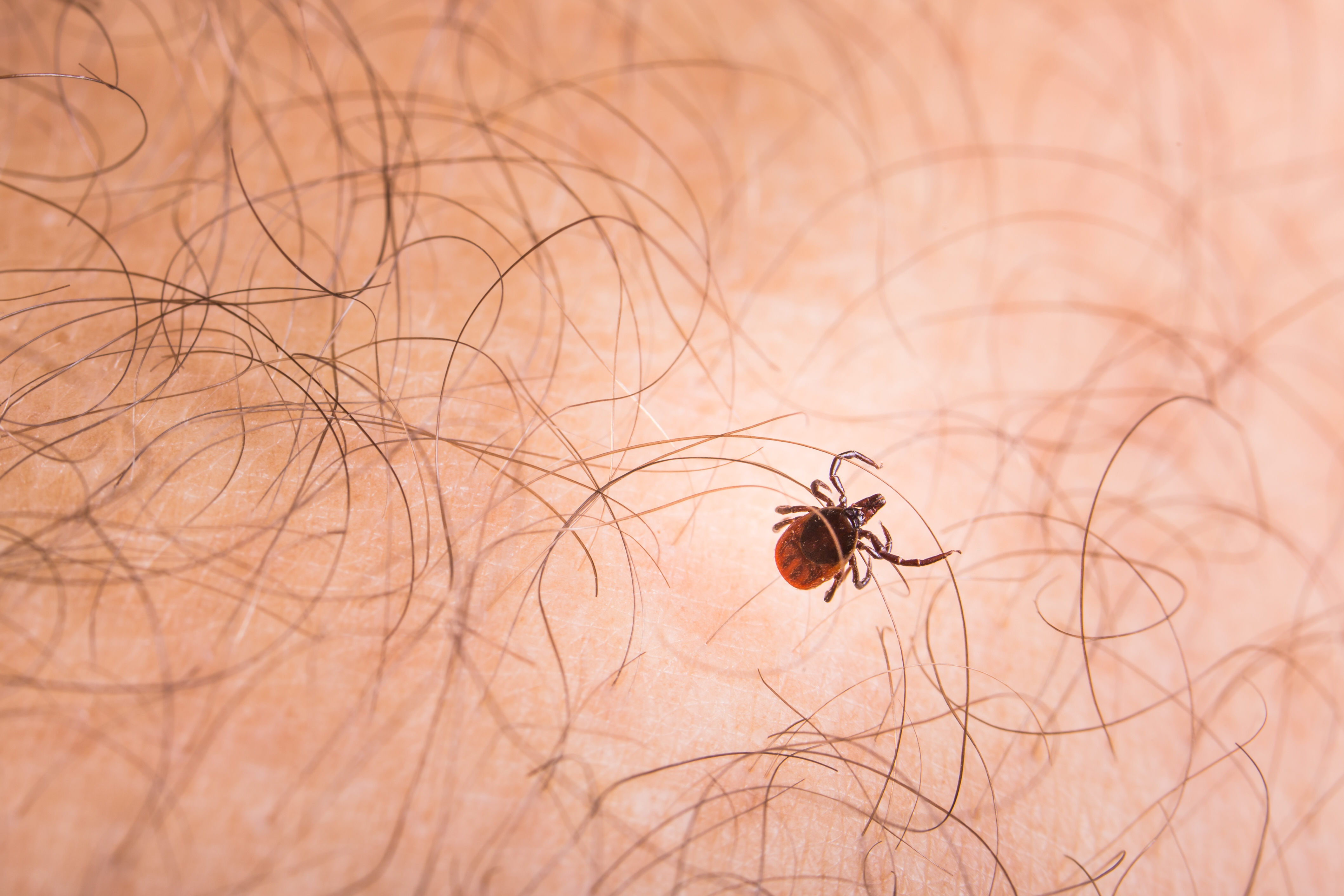
Summer in Ontario means enjoying the outdoors.
For some that includes camping and nature walks, but beware of what lurks in tall grasses, bushes and shrubs; ticks and Lyme disease.
Prevent Tick Bites This Summer in Ontario
- Wear long sleeves, long pants tucked into socks and make sure to wear closed toe shoes
- Light colored clothing allows you to better see ticks if they land on you
- Spray your clothing with Deet or Icaridan (follow manufacturer's instructions)
- Put your outdoor clothing in a dryer on high heat for 10 min before washing them
- Use a mirror to check for ticks on the back of your body. Or have someone look for you
- Check children and pets as well if they have been outdoors in an area inhabited with ticks
- Body areas to pay special attention to are the scalp, groin, armpits, bellybutton back of ears and knees
What To Do If You Are Bitten By a Blacklegged Deer Tick
- Use tweezers to grab hold of the tick as close to your skin as possible
- Pull straight up and out firmly but gently, making sure not to crush the body of the tick. As it may release bodily fluids containing the Lyme disease bacteria
- Once removed wash hands and area with warm soapy water
- Save the tick in a sealed container and take it to your doctor or call your local public health unit
Most Common Symptoms of Lyme Disease
- Circular red rash resembling a bulls-eye forming around the tick bite
- Headache
- Fever
- Fatigue
- Aching muscles and joints
- Swollen lymph nodes
- Spasms or weakness
Lyme disease symptoms can appear at any time from 3 days to more than a month after being bitten. Ontario public health officials are warning that blacklegged ticks, the only type of ticks that carry Lyme disease, are spreading and moving more north due to warming climate changes in Canada.

